Principal Investigator
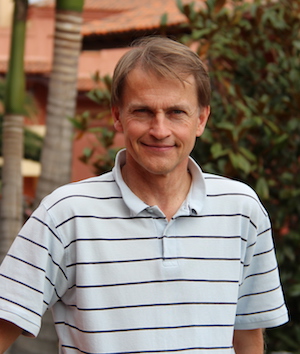
Fredrik Ronquist
fredrik.ronquist@nrm.se
Google Scholar
Since high school, I have been interested in insects and in
computational biology, an unusual combination that has worked
well for me in my research career. For my thesis, I studied the
phylogeny and evolution of gall wasps and their relatives, and I
still keep an active interest in this group, but also in insect
diversity more broadly. On the computational side, I have worked
for a long time with the development of Bayesian techniques for
the analysis of phylogenetic problems. I enjoy interdisciplinary
research and encourage my students and postdocs to explore new
approaches and combine methods and perspectives from different
disciplines.
Postdoctoral Researchers
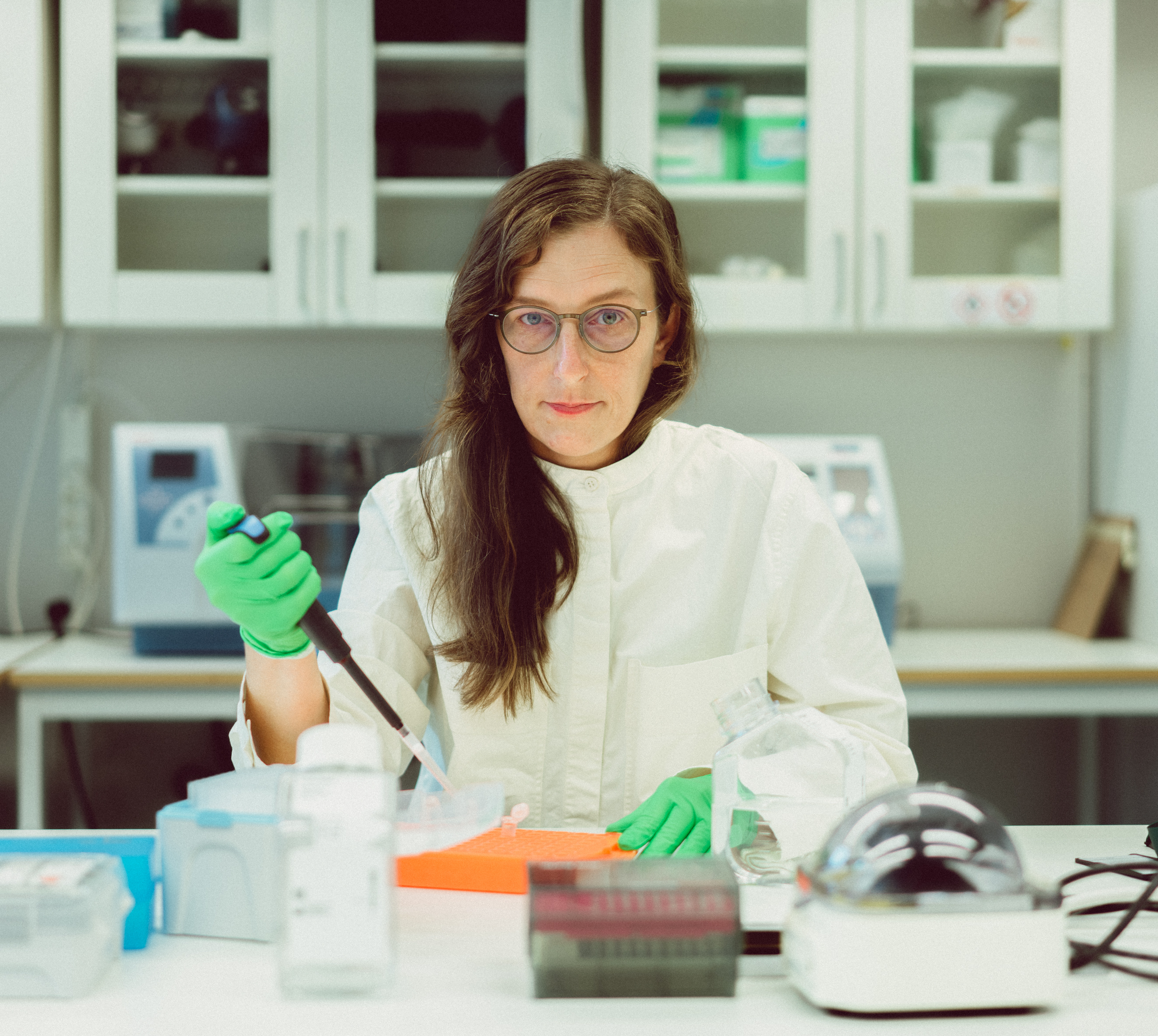
Elzbieta Iwaszkiewicz
ela.iwaszkiewicz@nrm.se
Homepage
I am an evolutionary
geneticist interested in uncovering and understanding the
diversity of life. Currently I am working within the Insect
Biome Atlas to develop and implement novel metabarcoding
protocols to describe insect fauna of Sweden and
Madagascar. Comprehensive sampling of insects both in time and
space allows us to understand how insect communities are
distributed and how they react to changing environment. Outside
of research I have passion for science outreach and
bio-hacking. Read more about my current and past projects
at ela.iwaszkiewicz.org.
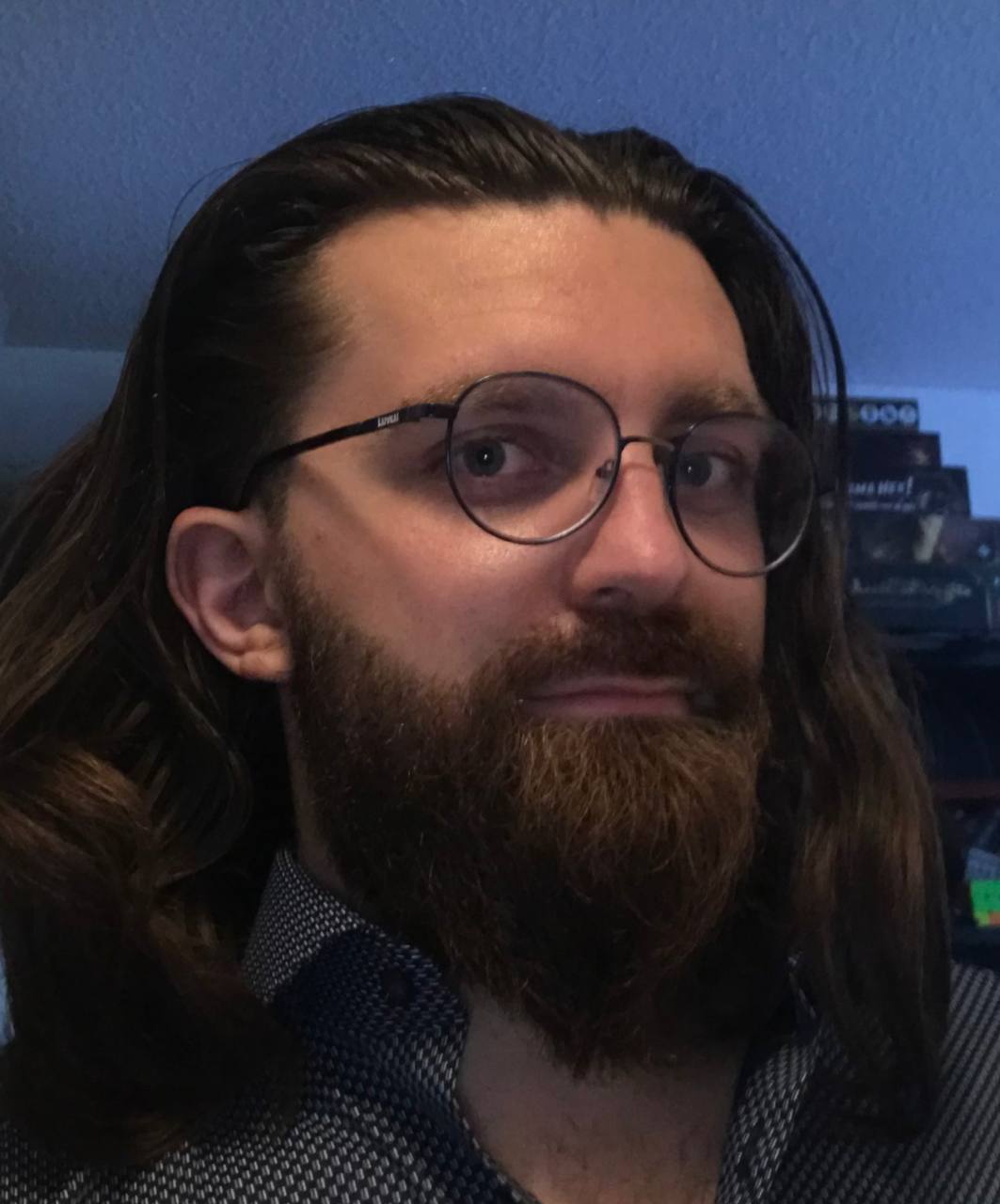
Thimothée Virgoulay
tim.virgoulay@nrm.se
Tim's research focus is currently implementing and testing inference algorithms such as MCMC in a probabilistic programming language setting, using the Miking framework and TreePPL, a
domain-specific probabilistic programming language for phylogenetics: TreePPL

Emma Granqvist
emma.granqvist@nrm.se
Google Scholar
As a person I am driven by curiosity. I obtained my PhD at the John Innes Centre in the UK, where I combined mathematical modeling and molecular biology to study the cellular signalling system of symbiotic legumes. Since May 2021 I am a Researcher in the Ronquist lab, working in the MISTRA-funded Finance to Revive Biodiversity program: FinBio.
Here I combine my experience with research and environmental monitoring, focusing on analyzing biodiversity data for financial metrics. I work with probabilistic programming and contribute to several other projects including developing a domain-specific probabilistic programming language for phylogenetics: TreePPL

Claudia Weber
claudia.weber@nrm.se
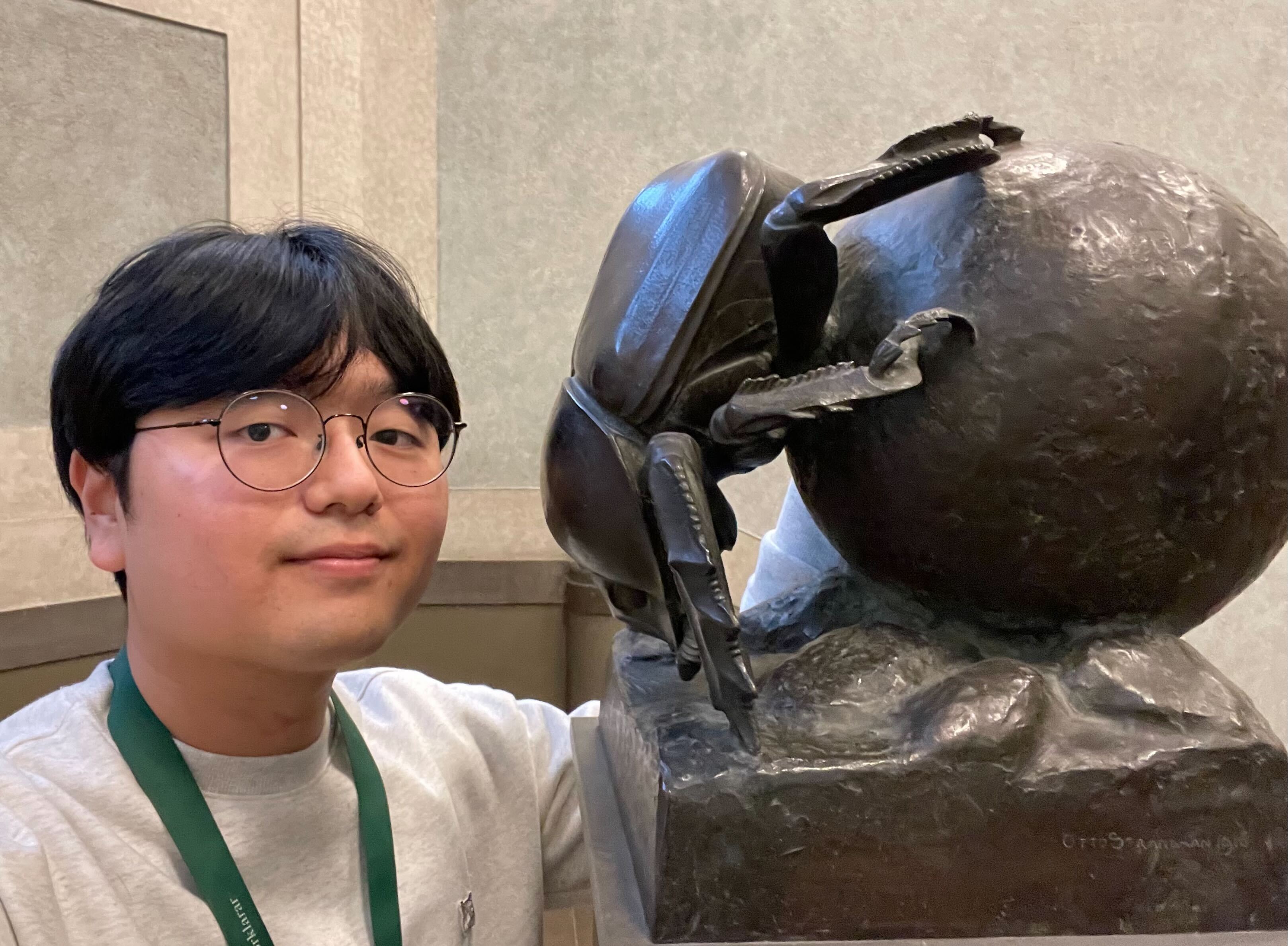
Changseob Lim
clim.entomology@gmail.com
I am an entomologist interested in insect diversity and the evolutionary history underlying it. My passion began with a small dung ball carried by dung beetle and has expanded into a “larger ball” encompassing the biodiversity of our planet.
Currently, my research focuses on metabarcoding approaches to estimate insect diversity on the Korean Peninsula, as well as the methods for the bioinformatic analysis of old bulk insect samples.
Key Collaborators
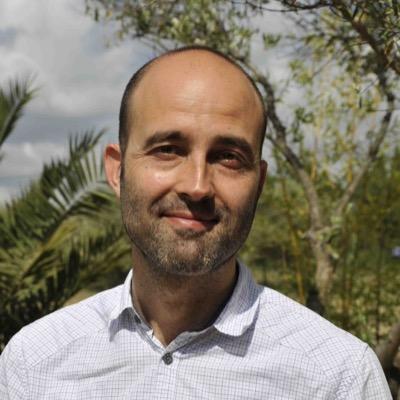
Nicolas Lartillot
Homepage
Long-standing collaborator in the development of Bayesian
methods for the analysis of problems in phylogenetics and
evolutionary biology. Author of PhyloBayes and several other
software packages for this problem domain. Directeur de
recherche – CNRS.

Isabel Sanmartín Bastida
Homepage
Long-standing collaborator in the development of phylogeny-based
methods in historical biogeography. Research Scientist, Real
Jardín Botánico, Madrid.
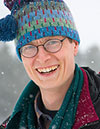
Tomas Roslin
Homepage
Insect ecologist, co-PI on the Insect Biome Atlas Project. Professor of entomology at the Swedish University of Agricultural Sciences.

Ayco Tack
Homepage
Ecologist interested in insect-plant-microbe interactions, co-PI
on the Insect Biome Atlas Project. Associate Professor,
Department of Ecology, Environment and Plants, Stockholm
University.
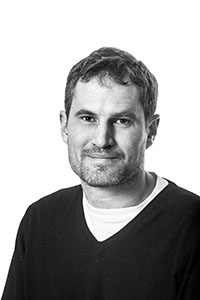
Anders Andersson
Homepage
Biologist focused on metagenomic analyses of microbial
communities, co-PI on the Insect Biome Atlas Project. Associate
Professor, SciLifeLab and KTH Royal Institute of Technology,
Stockholm.
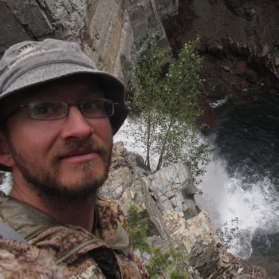
Piotr Łukasik
Homepage
Biologist focused on insect symbiosis research using the latest
genetic methods, co-PI on the Insect Biome Atlas Project. Group
Leader, Institute of Environmental Sciences, Jagiellonian
University, Kraków.

David Broman
Homepage
Computer scientist focused on modeling language theory and
compilers for domain-specific languages, among other
things. Collaborator in the development of universal
probabilistic programming for statistical phylogenetics.

Dave Karlsson
Dave Karlsson is the managing director of Station Linné and a taxonomist focused on Opinnae wasps (Hymenoptera: Braconidae). He is a naturalist with a passion for education and outreach. Dave was awarded the prestigous Ärets Ölänning award in 2017 for his leadership and dedication to insect research on the island of Öland.
Key Collaborating Institutions
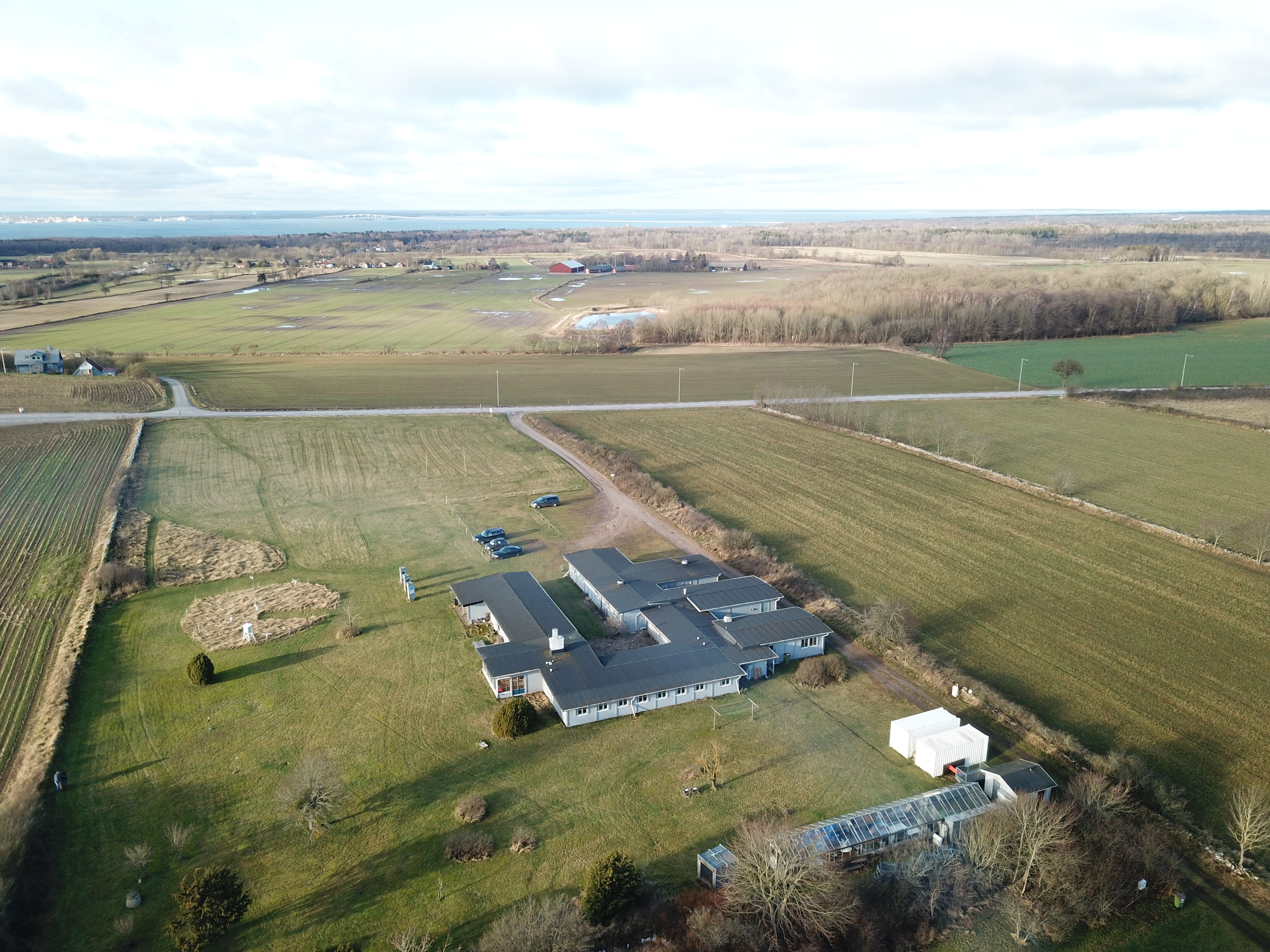
Station Linné
Homepage
Field station on the island of Öland in South Sweden, focused on insect diversity research and outreach.
Station Linné is a field station situated on the Baltic island of Öland, Sweden. It is, among other things, home to two large insect inventory projects: The Swedish Malaise Trap Project, and the newly established Swedish Insect Inventory Project. The station is a source for natural history education on Öland, and seasonally offers a number of programs on topics ranging from butterflies and bumblebees to local history.
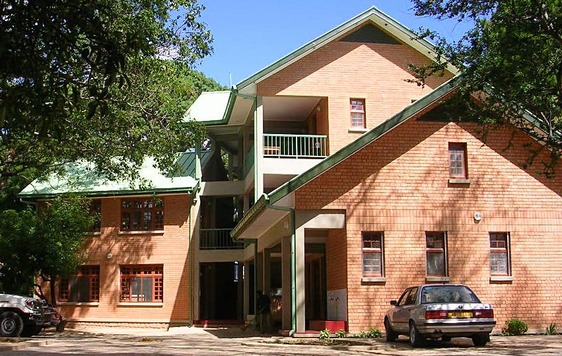
Madagascar Biodiversity Center
Homepage
Field station in Madagascar, focused on the diversity and conservation of the unique insect fauna of the island. madagascarbio.org.
Former Members

Laura van Dijk
laura.j.a.vandijk@gmail.com
I worked as a post doc on the Insect Biome Atlas project.
For my current project, I am interested in describing the composition of insect communities through space and time, the effects of environment and climate on the composition of insect communities,
as well as the consequences for ecosystem functioning. My scientific interests have always revolved around insects and species interactions.
During my master thesis, I studied brain plasticity of generalist and specialist butterflies during host plant search.
I obtained my PhD at Stockholm University, where I studied the interactions between plants, microbes and insects in a spatio-temporal context.

Robert Goodsell
robert.goodsell@nrm.se
I am an ecologist with broad interests in the processes that drive population dynamics, community structure, and species richness across regions.
I have a particular interest in combining novel technologies and methodologies to collect data over large spatial scales, and developing empirically backed models to investigate the responses of populations and communities to their drivers.
I studied for my PhD at The University of Sheffield, where I undertook research on developing methods to investigate the dynamics of plant populations with large-spatial distributions.
I worked on the insect biome atlas project where we’re aiming to understand the assembly rules that drive the structure and dynamics of insect communities in Sweden and Madagascar.
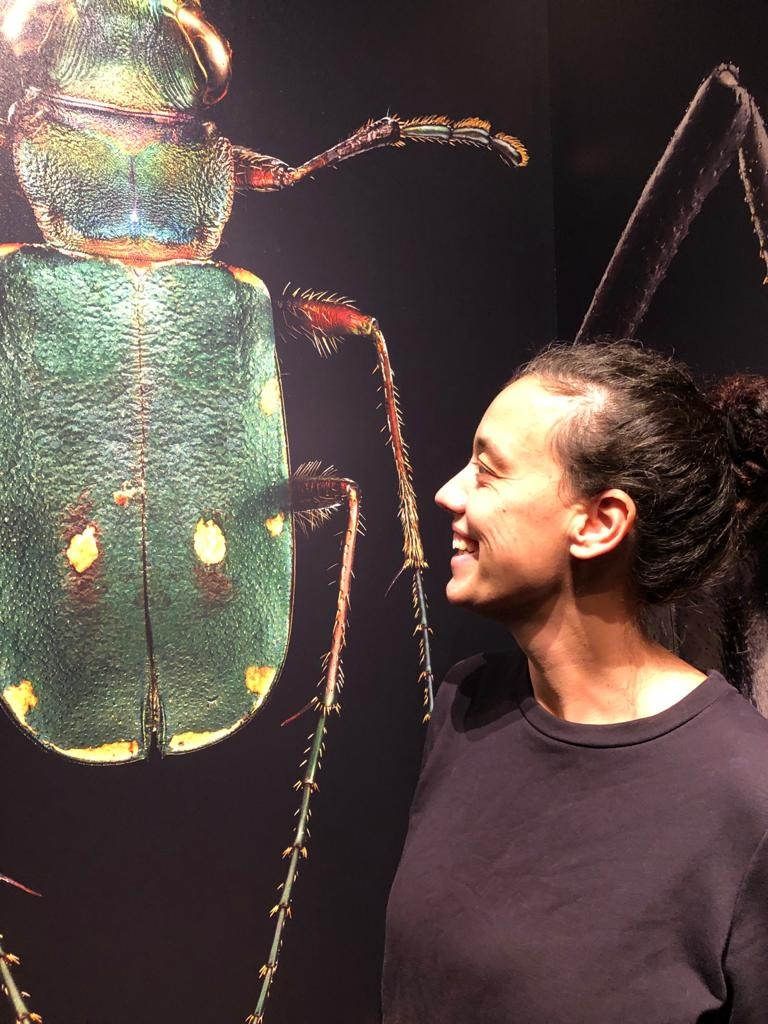
Andreia Miraldo
andreia.miraldo@nrm.se
I was the Insect
Biome Atlas project research manager. I was responsible for
the implementation of the project and it involved doing a
little bit of everything; general project overseeing, leading
the operational, logistics and administrative tasks, managing
fieldwork and labwork, keeping an eye on the budget, and,
together with the PI´s of the project, conducting and overseeing
the research. I have a PhD in evolutionary biology from the
University of East Anglia, UK and several years´ experience as a
postdoc at the University of Helsinki and the Natural History
Museum of Denmark. Apart from making sure that IBA runs
smoothly, I also try to keep up with my research on global
patterns of genetic diversity.
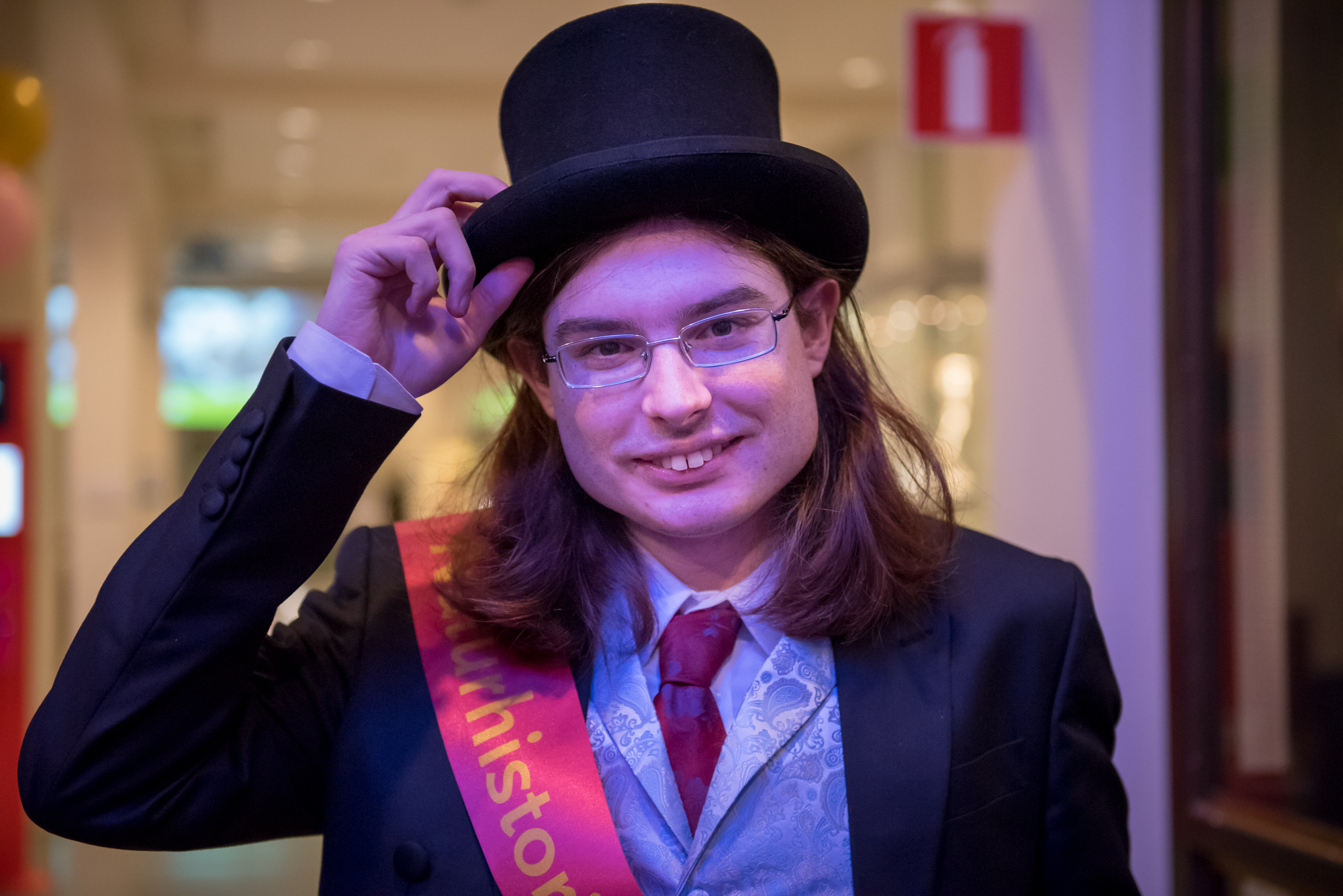
Erik Gobbo
erik.gobbo@nrm.se
My PhD in the Ronquist lab was finalised in 2022. I got my Masters in Molecular Biology at the University of Padova, Italy. Because of my training, I usually try to address biological questions with a molecular approach, and I rely a lot on sequencing techniques and bioinformatics. The main focus of my research in the Ronwuist lab was the biology of Cynipids, a family of galling insects. I worked on the evolutionary history of the family as a whole, as well as the genetic basis of gall induction in the genus Andricus.
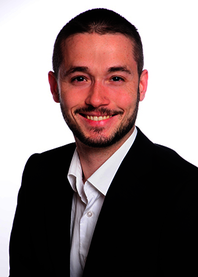
Viktor Senderov
viktor.senderov@nrm.se
I was a Marie Skłodovska-Curie post-doctoral researcher at the lab April 2020 to September 2022.
My research was supported by a grant from the European Union’s Horizon 2020 research and innovation program under the Marie Skłodowska-Curie grant agreement PhyPPL No 898120.
My research project PhyPPL aims to achieve the first large-scale application of probabilistic programming in phylogenetics.
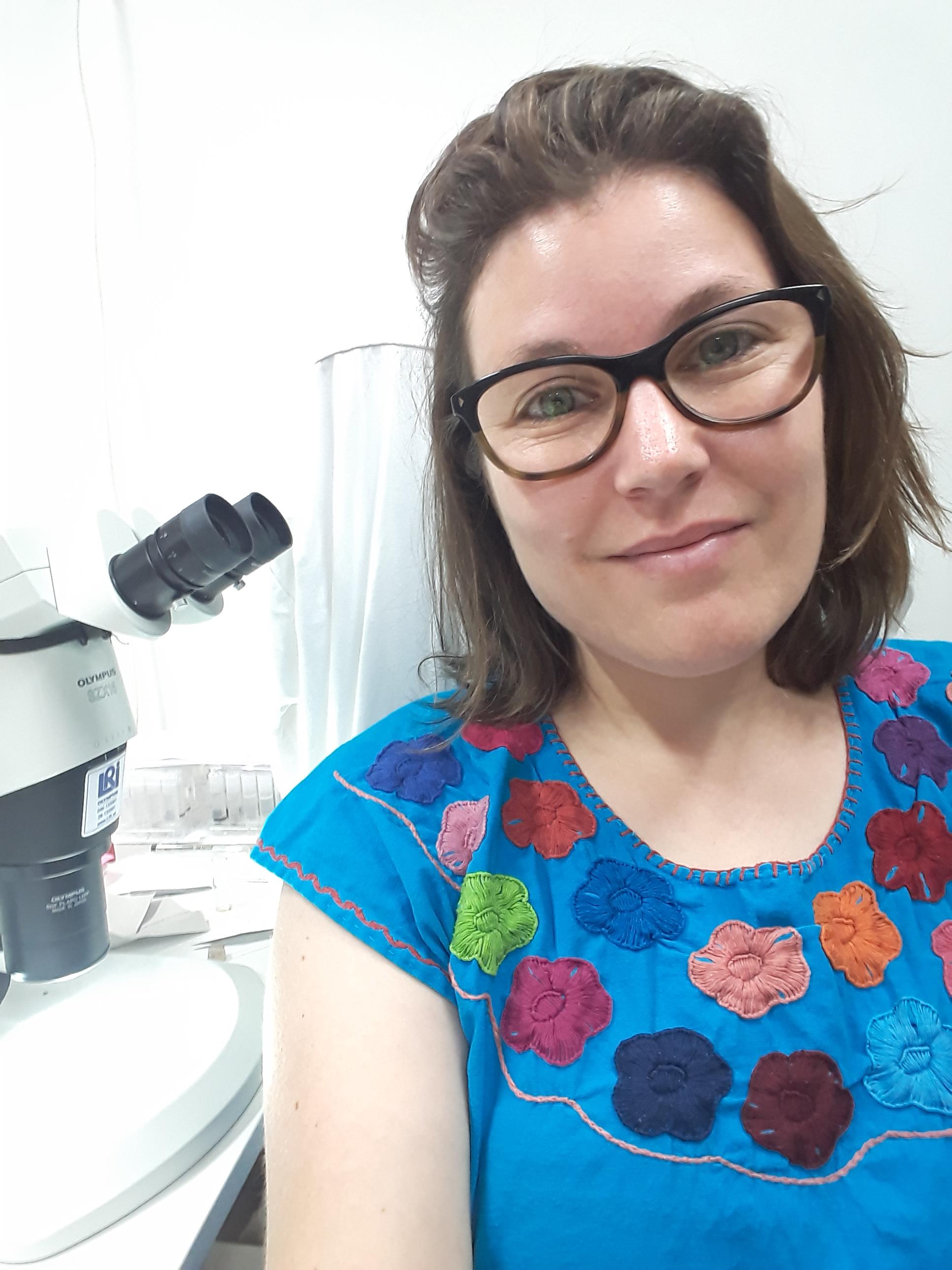
Emily Hartop
emily.hartop@ntnu.no
Google Scholar
Emily Hartop is originally from Los Angeles, California. She is a specialist on the genus Megaselia (Diptera: Phoridae). Her research in the Ronquist lab was focused on the evolution and diversity of the Megaselia of Sweden as well as methods for large-scale species discovery and delimitation for hyper-diverse groups. Emily is now an associate professor at the Norwegian University of Science and Technology.
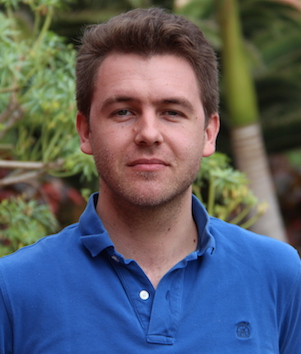
Miroslav Valan
miroslav.valan@nrm.se
Google Scholar
Former Marie
Curie fellow, BIG4
consortium, and subsequently affiliated to NRM, SU and Savantic
(Stockholm based SME). I obtained my masters degree, Doctor of
Veterinary Medicine, from the University of Sarajevo, BIH
(masters) and PhD degree from University of Veterinary and
Pharmaceuticals Sciences, Brno, CZ.
My current
interests are computer vision and machine learning, which I
mainly utilize for research and development of automated species
identifications. Check out my research awarded by Systematic
Biology as the best graduate student paper or my winning
solution to Microsoft sponsored competition Hakuna Ma-data on
recognizing species from camera-trap images in the Serengeti
National Park (1st/800+teams, also presented at CVPR - No1
conference in AI).

Allison Hsiang
allison.hsiang@geo.su.se
Personal Website | Google Scholar
My research uses statistical modeling, Bayesian inference, Big Data, and computer vision to understand morphological evolution and macroevolutionary patterns and processes. As a postdoc in the Ronquist lab, I worked on developing probabilistic models of morphological evolution for phylogenetic inference, specifically focusing on detecting correlation structure in large “phenomic” datasets using both discrete state and continuous multivariate normal models.
Currently, I am a researcher in the Department of Geological Sciences at Stockholm University, where I am using high-throughput imaging and machine learning to study the morphological evolution of planktonic foraminifera across the K-Pg mass extinction with the goal of correlating community-level morphological patterns with paleoenvironmental records.

Daniel Marquina
daniel.marquina@nrm.se
Personal Website | Google Scholar
I was a PhD student at the Ronquist lab from September 2015 to May 2020. My project was framed within the European project BIG4 (Horizon 2020 framework - Marie Curie innovative training network). During my PhD I worked on optimising metabarcoding of insects from bulk samples and eDNA for it to be used as a powerful tool to accelerate and facilitate taxonomic work.
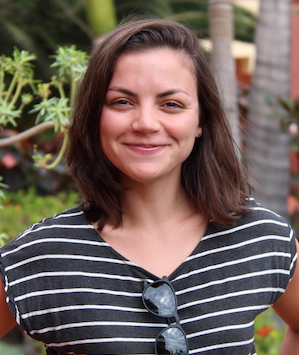
Mariana Braga
mpiresbr@gmail.com
mariana.pires.braga@slu.se
Personal Webpage | Google Scholar
I did a PhD in Ecology at Stockholm University and was co-supervised by Fredrik. For my thesis, I combined host use records, phylogenetic information, network theory, and computer simulations to study the relationship between the evolution of butterfly-host plant interactions and butterfly diversification. We have also developed a model of host-repertoire evolution that is available in RevBayes and is applicable to a variety of host-symbiont systems.
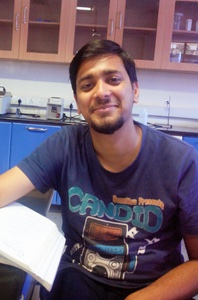
Ashish Tomar
(Visiting graduate student; Fall 2017, part of BIG4 consortium). Research topic: visualization of phylogenomic and taxonomic information.